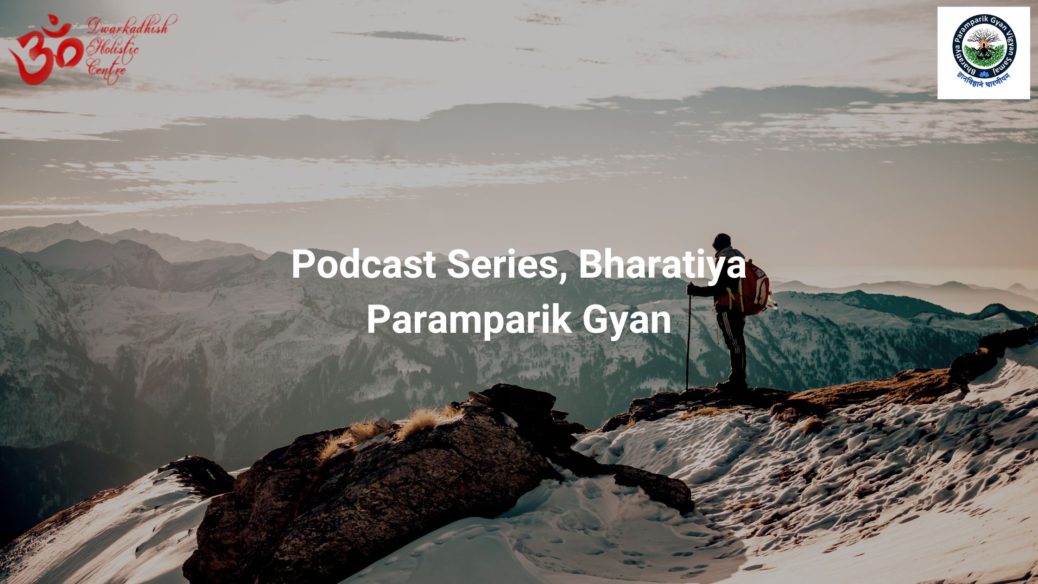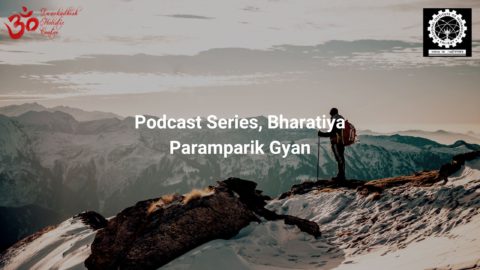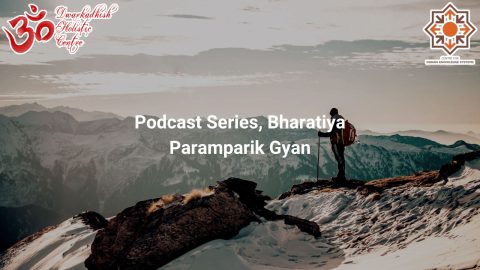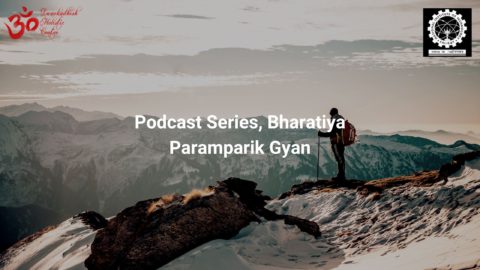Indian Traditional Knowledge in the Area of Metal and Metalworking
Introduction
Welcome to the “Bhartiya Paramparik Gyan” podcast series, where we navigate the wisdom of ancient India with your host Dhwani Shah, courtesy of the Dwarkadhish Holistic Centre and Bharatiya Paramparik Gyan Vigyan Samaj, Cuttack. In today’s episode, we cast a spotlight on “Indian Traditional Knowledge in the Area of Metal and Metalworking.”
We are honoured to host Prof. B. Mahadevan of the IIM Bangalore, acclaimed for his expertise in Operations Management and contributions to Indian traditional knowledge. With an illustrious career that weaves through several decades, Prof. Mahadevan stands out as a scholar who has illuminated the paths of teaching, research, and the dissemination of knowledge. His academic journey, adorned with significant stints at global institutions, reflects a lifelong devotion to educational excellence.
Prof. Mahadevan is renowned for his role in bridging ancient Indian wisdom with contemporary academics, drawing particular focus to Sanskrit and Indic studies – a synergy that has earned him recognition not just within the halls of IIM Bangalore but across the global academic community.
As an author and a steward of Sanskrit heritage, he has pioneered transformative educational initiatives and authored impactful literature, synthesising traditional insights with modern applications.
Join us as we welcome this guardian of cultural heritage, Prof. Mahadevan, to uncover the enduring legacy of Indian metalworking practices, their historical context, and relevance to our present-day innovations.
Topic Covered:
- Foundations of Tradition: Professor Mahadevan, could you begin by giving us an overview of Indian traditional knowledge in metal and metalworking? How does it differ from contemporary metalworking practices?
- Historical Evolution: How has the practice of metalworking evolved within the Indian subcontinent over the centuries, and what have been some of its most significant advancements?
- Cultural Significance: Can you elaborate on the cultural significance of metals and metalworking in ancient India? For instance, how were these practices interwoven with the daily lives and spiritual rituals of the people?
- Technological Marvels: Indian history speaks of legendary metalworks, like the Iron Pillar of Delhi. Could you share insights into the technology behind such marvels that have withstood the test of time?
- Knowledge Transmission: In what ways was traditional knowledge of metallurgy passed down through generations, and are there any communities today that preserve these ancient practices?
- Influence and Trade: What impact did Indian traditional metalworking have on trade and the exchange of knowledge with other civilisations?
- Metallurgy and Alchemy: Could you speak to the relationship between traditional Indian metallurgy and alchemy, especially in the context of transmuting metals and the quest for immortality?
- Iconography and Craftsmanship: How are traditional metalworking skills and techniques reflected in India’s rich heritage of iconography and sculpture, particularly in bronze casting?
- Preservation and Revival: What efforts are being made to preserve this traditional knowledge, and how can modern technology aid in its revival and sustainable practice?
- Contemporary Context: Lastly, Professor, what relevance does India’s traditional knowledge in metal and metalworking hold in today’s world, especially for our current and future industrial practices?








Prof.Mr.B. Mahadevan known from childhood is an ardent hard worker aptly working with lots of presence of mind, shrewd and the application mind is just superb. He is very responsible covering all needs of demand alongwith his planning rightly towards his core
A respectful Salute to him.
Thanks